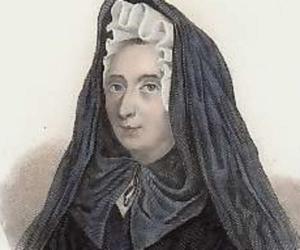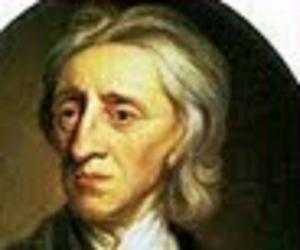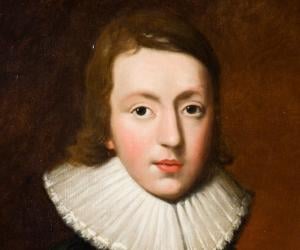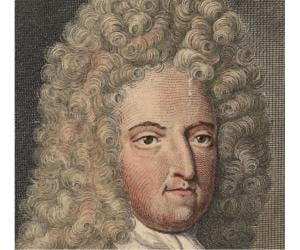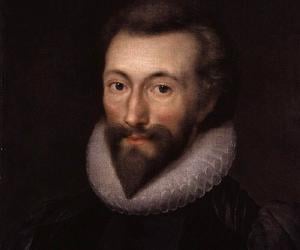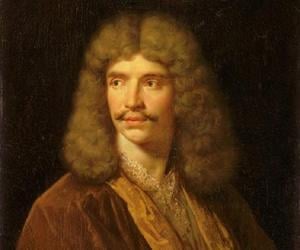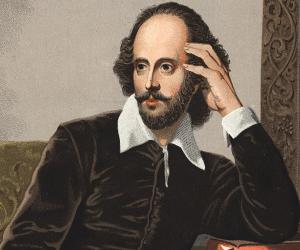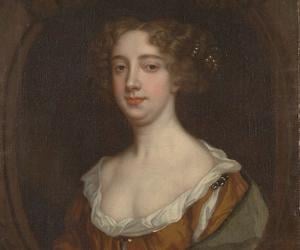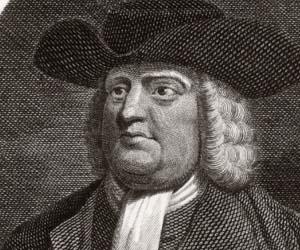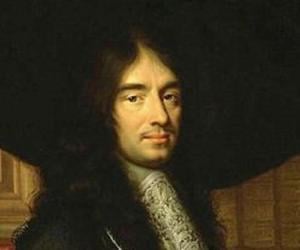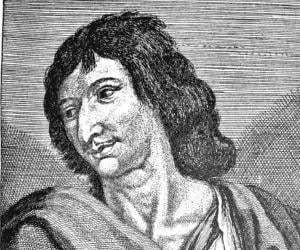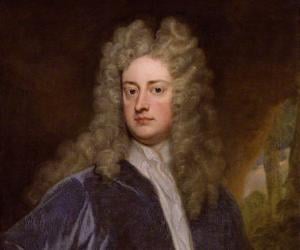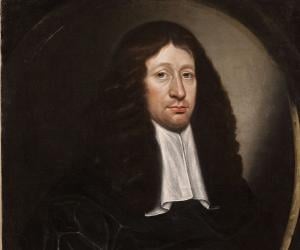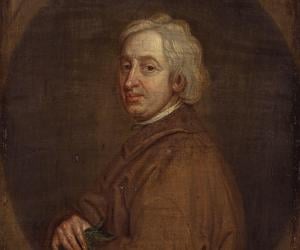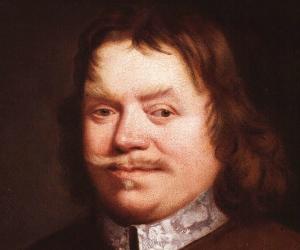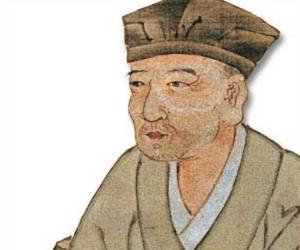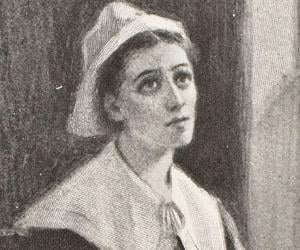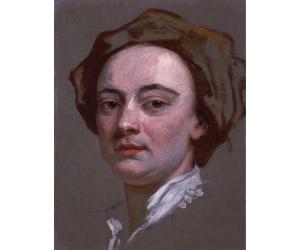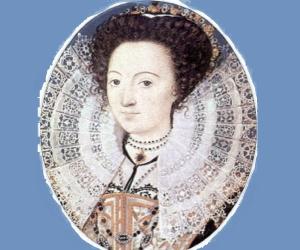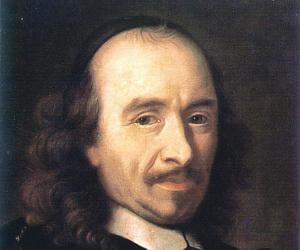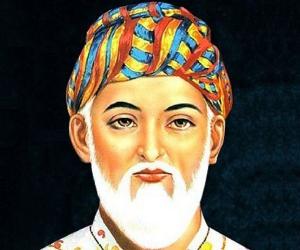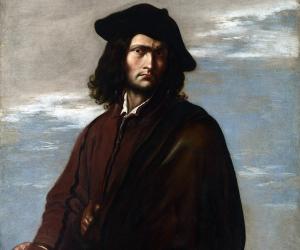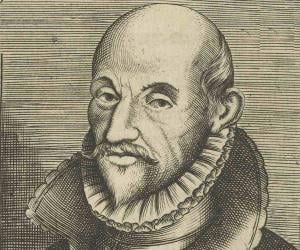John Milton was an English poet whose epic poem Paradise Lost is widely regarded as one of the greatest works of literature. Milton's other celebrated work Areopagitica is counted among history's most impassioned and influential defenses of freedom of the press and freedom of speech. John Milton’s works have influenced other prominent writers, such as Thomas Hardy and George Eliot.
Eighteenth-century essayist, poet, and pamphleteer Jonathan Swift is remembered for his iconic works such as A Tale of a Tub, A Modest Proposal, and Gulliver's Travels. One of the world’s greatest satirists, he gave rise to the deadpan Swiftian style. He had also been the Dean of St. Patrick's Cathedral.
Moliere was a French poet, playwright, and actor. Considered one of the greatest French-language writers of all time, Moliere's plays are often performed at the Comédie-Française and have been translated into several languages. Moliere had a huge impact on the French language and is widely regarded as the creator of modern French comedy.
English playwright, poet, and actor William Shakespeare is widely regarded as the greatest writer in the English language. He is also often called England's national poet. Many of his works have been translated into other languages and his plays continue to be produced till day. Popular during his lifetime, he acquired an iconic status after his death.
William Penn was a writer and one of the earliest members of the Quakers. He is credited with founding the Province of Pennsylvania. He also oversaw the planning and development of the city of Philadelphia. Penn has several universities and schools named in his honor, including the William Penn University in Iowa.
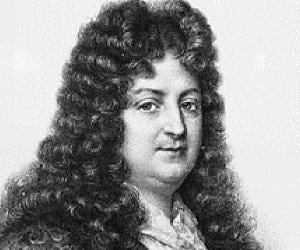
Most people have grown up reading fairy tales such as Little Red Riding Hood and Puss in Boots. However, they aren’t probably aware that these folk tales were first collated and presented under the genre fairy tales, as Tales of Mother Goose, by 17th-century French author Charles Perrault.
John Bunyan, the noted author of The Pilgrim’s Progress, was known for his belief in Puritanism. The son of a brazier, he initially quit school to join his father’s trade. He was later inspired by chapbooks, to write his iconic works and has also become a preacher.

Thomas Browne was an English author and polymath who wrote several books on varied fields, such as religion, medicine, science, and the esoteric. Browne incorporated different styles of writing depending upon the genre he was working on. Over the years, his writing has influenced several other writers like Herman Melville. Browne's works have been admired by personalities like William Osler.
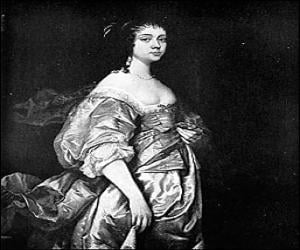
Lady Margaret Lucas Cavendish was an English poet, philosopher, playwright, fiction writer, and scientist. Margaret, who had the audacity to publish her works without using a pen name at a time when female writers remained anonymous, was ahead of her time. Not surprisingly, she was considered eccentric and earned the nickname Mad Madge. Her works gained popularity in the 1980s.
Basho was a Japanese poet of the Edo period. Regarded as the greatest master of haiku, Basho's poetry is read all over the world; many of his works have been translated into English. Such is his popularity that in 1979 a crater on planet Mercury was named after him by the International Astronomical Union.
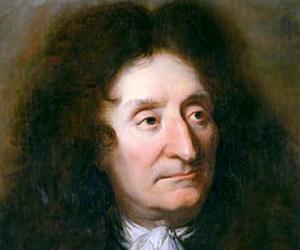
Seventeenth-century French author Jean de La Fontaine is best remembered for his Fables. Initially a forest inspector, he later attended the salons of aristocratic patrons, where he met scholars, authors, and philosophers. Though he faced royal opposition, he was eventually made a part of the French Academy.

Though a witty author, John Harington is better remembered as the inventor of the flush toilet. He was banished from the royal court for the cockiness of his language in his written works. He also earned a knighthood and later came to be known as Queen Elizabeth’s “saucy godson.”

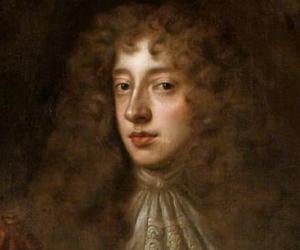
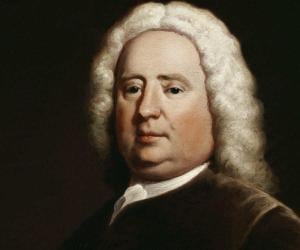
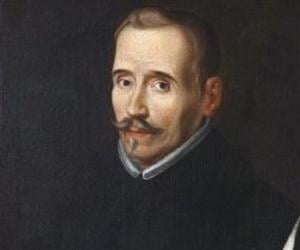
Spanish Baroque dramatist Lope de Vega was one of the most significant figures of the Spanish Golden Age. He had initially aspired to be a priest but abandoned his plans after falling in love with a married woman. He is best remembered for works such as The Dog in the Manger.
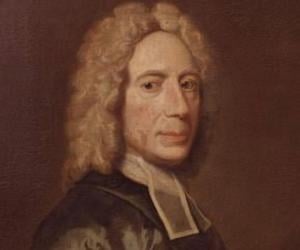
Born into a family of lawyers, Pierre Corneille, too, initially studied law. However, both he and his younger brother, noted playwright Thomas Corneille, deviated from their family profession. Part of the Society of Five Authors, selected by Cardinal de Richelieu, Corneille later grew into one of the greatest 17th-century tragedians.
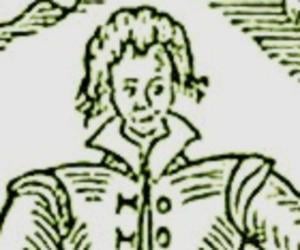
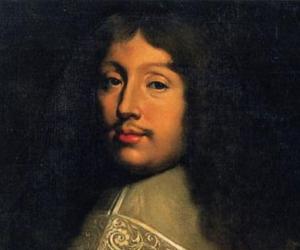
French classical author Francois de La Rochefoucauld is best known for his use of the maxime, a French epigram. He had initially been part of the army that fought against the Spanish. He later grew up to be the quintessential 17th-century nobleman. His Mémoires and Maximes are his most-talked-about works.
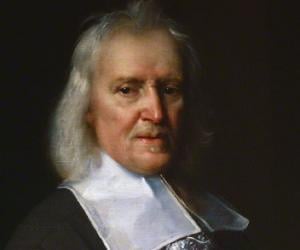
One of the greatest biographers of the 17th century, Izaak Walton was also a lover of fishing and had penned one of the most detailed treatises on fishing, The Compleat Angler. His notable works also include his biographies on John Donne and Henry Wotton. He was also a staunch Royalist.
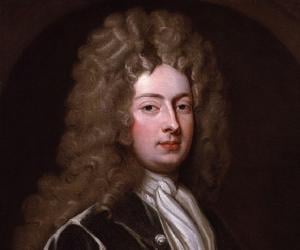
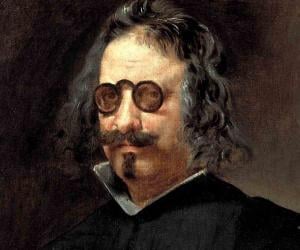
Spanish nobleman, politician and writer Francisco Gómez de Quevedo y Santibáñez Villegas, KOS of the Baroque era is counted among the most prominent writers of Spain's Golden Age. Quevedo adhered to the conceptismo style compared to his lifelong rival, Luis de Góngora’s culteranismo style. His notable works include the picaresque novel El Buscón and the satirical prose Los Sueños.
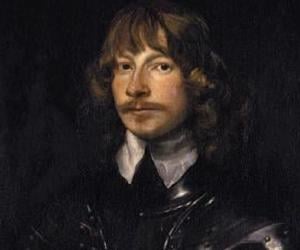
Known as The Great Montrose, James Graham, 1st Marquess of Montrose was not just a Scottish nobleman and military leader but also a talented poet. He won many battles for Charles I but was defeated in the Battle of Carbisdale, following which he was hanged to death in the Edinburgh marketplace.
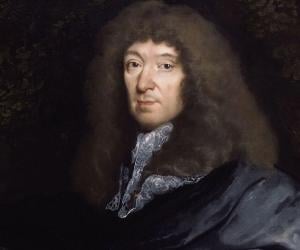
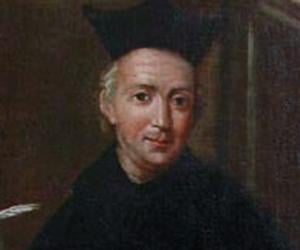
Spanish baroque author and philosopher Baltasar Gracian was a leading proponent of the conceptismo style. Inspired by his priest uncle, he took Jesuit vows. His notable works include Subtlety and the Art of Genius and the three-part novel The Critick, with the latter written under a pseudonym.
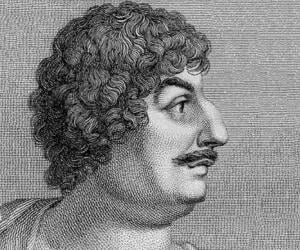
Best remembered for penning the lines "Gather ye rosebuds while ye may," poet Robert Herrick wrote everything from elegies to love songs and religious verse, and was inspired by English folklore. He was a true Cavalier poet, who wrote verses in support of King Charles I.
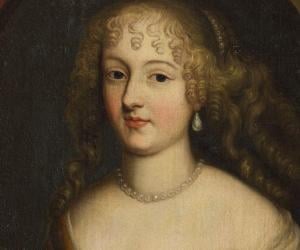
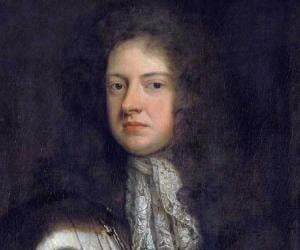
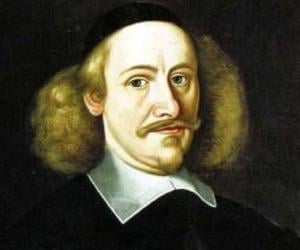
Otto von Guericke was a German inventor, scientist, and politician. He made several significant contributions to the development of the Scientific Revolution. He is also credited with inventing the first air pump which he used effectively to study the phenomenon of vacuum. His studies and observation helped reveal the fact that light unlike sound can travel through a vacuum.
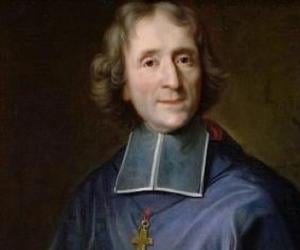
François Fénelon was a French writer, poet, theologian, and Catholic archbishop. He is best remembered for his book The Adventures of Telemachus, which was published in 1699. François Fénelon also served as a tutor of Louis, Duke of Burgundy, guiding the character formation of Louis, Grand Dauphin's eldest son.
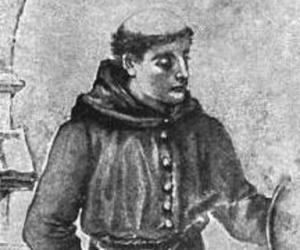
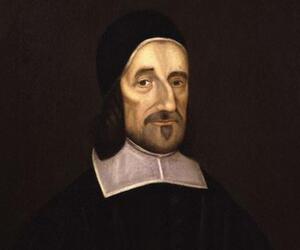
Richard Baxter was an English poet, theologian, hymnodist, controversialist, and Puritan church leader. He was one of the most influential and important leaders of the Nonconformists. Today, he is commemorated in the Church of England with a feast day on 14 June.
Abdul Rahim Khan-i-Khana was an Indian poet who served in the court of Mughal Emperor Akbar. He was counted among the Navaratnas, Akbar's nine important ministers. Rahim is best remembered for his couplets and books on astrology.
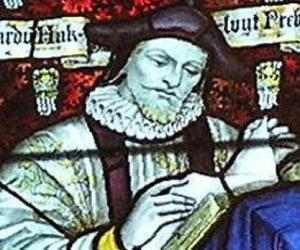
English geographer Richard Hakluyt is remembered for his marked political influence and his continuous support of the British colonization of North America. A priest, he was associated with the Westminster Abbey. He also penned reports such as Discourse of Western Planting, which was appreciated by Queen Elizabeth I.
Baroque painter and poet Salvator Rosa was born near Naples, to a land surveyor father, who wanted him to become a priest or a lawyer. However, Rosa deviated to art. Initially devoted to landscapes, he later focused on religious art. He is remembered as a pioneer of the Neapolitan school.
Giambattista della Porta was an Italian scholar, polymath, and playwright. He was active in Naples at the time of the Scientific Revolution and Reformation in the 16th century. He was knowledgeable in different fields, including occult philosophy, astrology, meteorology, alchemy, mathematics, and natural philosophy. In his later years, he collected rare specimens and grew exotic plants.
